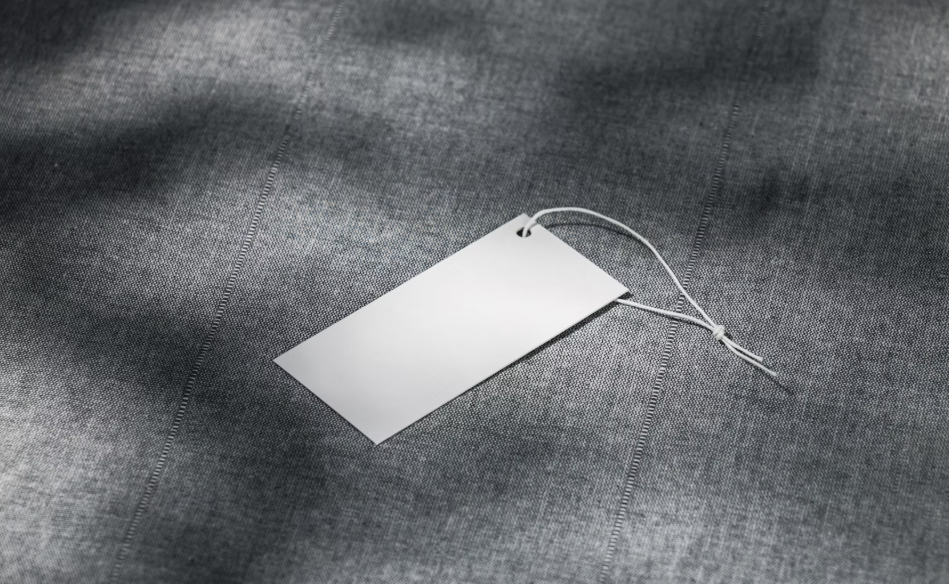Comum emTecnologia, software, eletrônica e alguns itens alimentares: Um carregador de telefone é produzido por uma fábrica e vendido sob diferentes nomes de marcas por vários varejistas, mas o próprio produto é idêntico.
Principais diferenças de vista
-
Recurso
Personalização do produto
-
High - Fórmula ou design personalizado
Baixo - o mesmo produto para todas as marcas
-
Exclusividade
Exclusivo de uma marca
-
Vendido a vários varejistas
Marca
Controle total do varejista
-
Controle mínimo além da rotulagemCasos de uso comuns
-
Cosméticos, moda, comidaSoftware, eletrônicos, bens básicos
-
Resumindo:
-
Usarmarca própria
-
Se você deseja um produto exclusivo e específico da marca.etiqueta branca
Se você deseja ir ao mercado rapidamente com um produto pré-fabricado.
-
Leitura recomendada:Como iniciar uma marca de marca própria do zero?
-
Software e tecnologia: Ferramentas de software, aplicativos móveis e serviços em nuvem são frequentemente brancos rotulados para atender a diferentes necessidades de negócios.
-
Comida e bebida: Produtos como misturas de café, lanches ou refeições prontas para consumo podem ser renomeadas por diferentes varejistas.
-
Serviços financeiros: Produtos bancários, cartões de crédito e serviços de seguro geralmente são brancos rotulados para se adequar a diferentes instituições financeiras.
Como implementar produtos de etiqueta branca
-
Identifique suas necessidades: Determine que tipo de produto você precisa e como ele se encaixa na sua estratégia de negócios.
-
Encontre um fabricante confiável: Procure um produtor respeitável que possa fornecer produtos de alta qualidade e está disposto a remover sua marca.
-
Negociar termos: Executar preços, opções de personalização e cronogramas de entrega com o fabricante.
-
Personalize o produto: Adicione seus próprios elementos de marca e adapte o produto ao seu público -alvo.
-
Mercado e venda: Promova o produto como seu, alavancando a reputação e a base de clientes da sua marca.
Os produtos de etiqueta branca oferecem uma maneira poderosa de as empresas expandirem suas linhas de produtos, entrarem em novos mercados e construir sua marca sem a necessidade de extensas recursos de fabricação.
A marca própria é a mesma que o rótulo branco?
Não, a marca própria e a etiqueta branca não são exatamente iguais, embora sejam semelhantes e muitas vezes confusos. Aqui está um colapso claro das diferenças:
Marca própria
-
Produto de marca personalizadafeito especificamente para um varejista.
-
O varejista temmais controlesobre o produto, incluindo design, recursos, embalagens e especificações.
-
O produto éexclusivopara essa marca e não vendida para outros varejistas.
-
Comum em indústrias comocosméticos, roupas, comida e suplementos.
Exemplo: Uma marca de cuidados com a pele trabalha com um fabricante para criar uma fórmula de creme de rosto exclusiva com sua própria marca e a vende apenas sob o nome deles.
Etiqueta branca
-
Comum emProduto genéricofeito por um fabricante e vendido a vários varejistas.
-
Os varejistas podem renomear com seu próprio logotipo, mas oO produto em si não é personalizado.
-
Isso énão exclusivo, portanto, o mesmo produto pode aparecer sob diferentes nomes de marcas.
-
.
Exemplo
|
Marca própria |
Etiqueta branca |
|
|
|
|
|
|
|
|
|
|
|
|
 Mulheres ativas
Mulheres ativas
 Men ativo
Men ativo
 Aparelo de homens ao ar livre
Aparelo de homens ao ar livre
 Mulheres vestuário ao ar livre
Mulheres vestuário ao ar livre
 Esportes coletivos
Esportes coletivos
 Shaper Shaper e Segurança Esportiva
Shaper Shaper e Segurança Esportiva
 Acampamento e caminhada
Acampamento e caminhada
 Ginástica de luta e dança de boxe
Ginástica de luta e dança de boxe
 Sala de jogos e quintal
Sala de jogos e quintal
 Natação e praia
Natação e praia
 Esportes e acessórios ao ar livre
Esportes e acessórios ao ar livre
 Ciclismo
Ciclismo
 Esportes de inverno
Esportes de inverno
 Esportes de raquete
Esportes de raquete
 Esportes Aquáticos
Esportes Aquáticos
 Caçando
Caçando
 Fitness
Fitness
 pescaria
pescaria












































